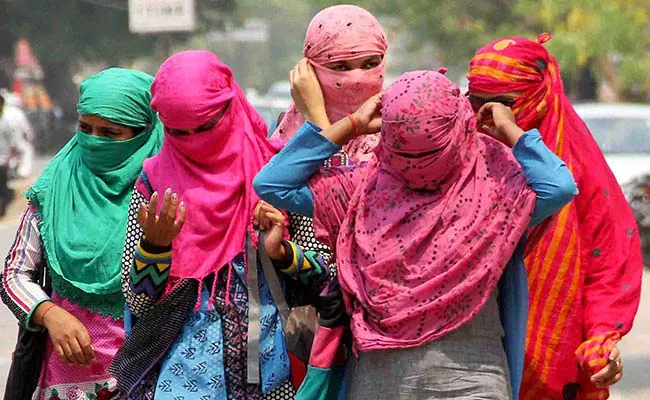Around 619 million people in India are estimated to have been affected by the extreme heat between June 16 and June 24, and more than 40,000 suffered heatstroke, according to rapid attribution analysis by scientists at Climate Central, an independent group of scientists and communicators.
The analysis says over 60% of the world’s population faced extreme heat that was made at least three times more likely by human-induced climate change in mid-June. In China, around 579 million people were impacted, while this number was 231 million in Indonesia, it added.
Scientists at Climate Central found that 4.97 billion people experienced extreme heat made at least three times more likely by climate change over the period.
“In India, one of the country’s worst-ever and long-running heatwaves, which finally relented in mid-June, left more than 40,000 people with heatstroke, with over 100 dead. Temperatures approached 50°C, with a night-time low of 37°C, reportedly the highest ever recorded in India,” Climate Central said in a statement.
In Saudi Arabia, at least 1,300 people have died from heat-related illnesses during the Hajj pilgrimage.
In Greece, the Acropolis in Athens had to be shut due to temperatures above 43°C – very high for this time of year. Among the tragedies brought by the heatwave, six tourists died.
The eastern coast of US experienced an intense heatwave. In New York, health officials reported a 500-600% increase in heat-related emergency visits, Climate Central said.
“More than a century of burning coal, oil, and natural gas has given us an increasingly dangerous world. The heatwaves popping up around the world are unnatural disasters that will become more common until carbon pollution stops,” said Andrew Pershing, VP for Science at Climate Central.
The delay in monsoon led to further intensification of extreme heat over northwest India in June and caused at least 100 deaths.
“This happens because the body doesn’t get rest. Normally, night is the time to recuperate from the impact of extreme heat, but if you do not get rest at night, then your body will be in overdrive. For example, if I ask someone to run and instead of giving rest intermittently, I say you can only slow to a brisk walk and then run again, the person will collapse. The same thing is happening when day and night temperatures are both extremely high,” Dr Dileep Mavalankar, former director at Indian Institute of Public Health, Gandhinagar said last week.
Also Read: Gold Still The Best Investment Avenue For Most Indian Households, Finds Study












